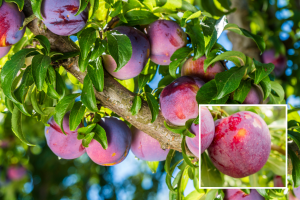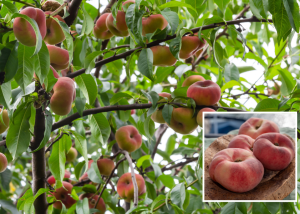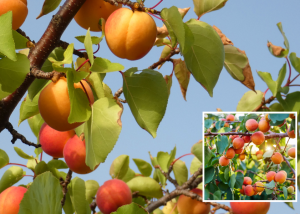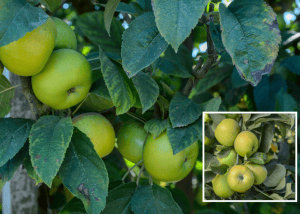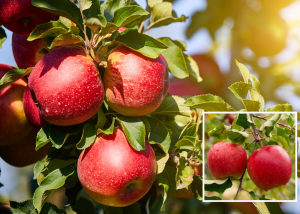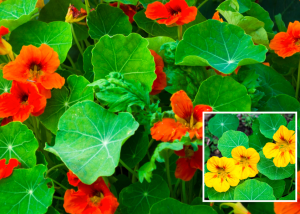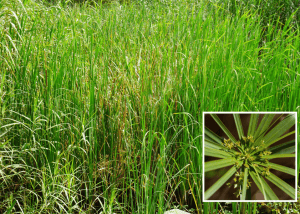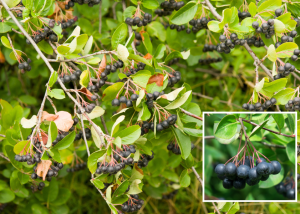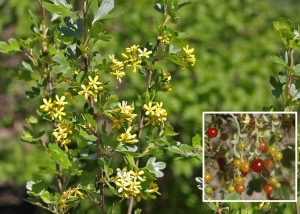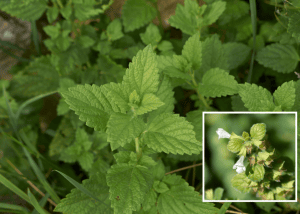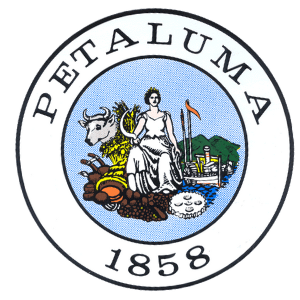Cavanagh Center Food Forest
📍426 8th St, Petaluma, CA 94952
WELCOME TO NORTHERN CALIFORNIA’S FIRST FOOD FOREST
Our first demonstration garden was planted as a Food Forest, or a diverse planting of edible plants that attempts to mimic patterns found in nature. Don’t be fooled by the small size of this garden, from fruits to herbs there is so much to harvest year-round.
HISTORY OF THE GARDEN
In 2009, Daily Acts partnered with the City of Petaluma, Rebuilding Together Petaluma, and Petaluma Bounty to spearhead a water-wise transformation of the city’s Cavanagh Recreation Center. Volunteers transformed the lawn into a water-conserving landscape of edible, medicinal and habitat plants, complete with drip irrigation. When you visit, notice the swales that were dug to collect rainwater and allow it to sink into the ground. Each year, tens of thousands of gallons of water are now saved at this site! This demonstration garden is open to the community for education, harvesting, and enjoying all the beauty it has to offer.
SEASONAL MAINTENANCE GUIDE
Learn all about how to maintain this beautiful water-wise garden! If you’re feeling inspired to get your hands in the dirt, you can use this guide to go out on your own, or you can join Daily Acts Staff during our monthly workdays.
PLANT LIBRARY
Take yourself on a tour of our demonstration garden by using our plant library below to identify plants as you go! If you’re interested in using some of these plants at your home garden, this is a great opportunity to see what they look like once they are established. Learn all about our favorite water-wise plants including whether they fruit and/or flower, their sunlight needs, and their watering needs.
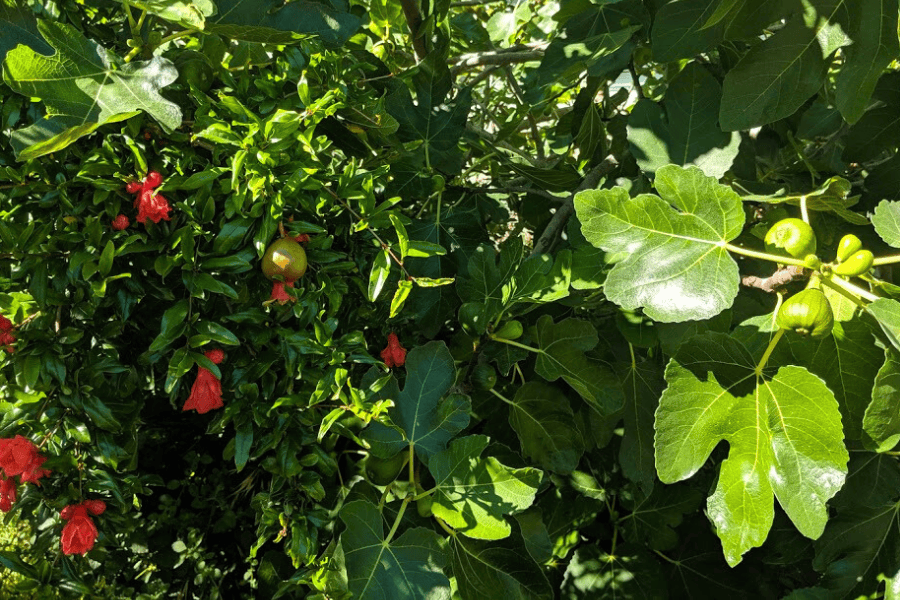
BENEFITS OF A FOOD FOREST
This landscape has grown not only food and medicine, but also community as people have come together to celebrate the seasons, build skills and lean about the beauty, abundance and diversity of an edible ecosystem. The fruit trees, berry bushes, perennial greens and herb plants you see growing here produce many pounds of food throughout the year. Since the lawn was converted to a food forest, the City no longer needs to spend money on pesticides, herbicides, and lawn mower fuel to maintain the lawn, products that also contribute to increased levels of CO2 and climate change. Healthy and rich soil created from sheet mulching and food forest plants absorbs and holds significantly more water than a compacted lawn, which is good for stormwater management and flood prevention.
Project Impacts


